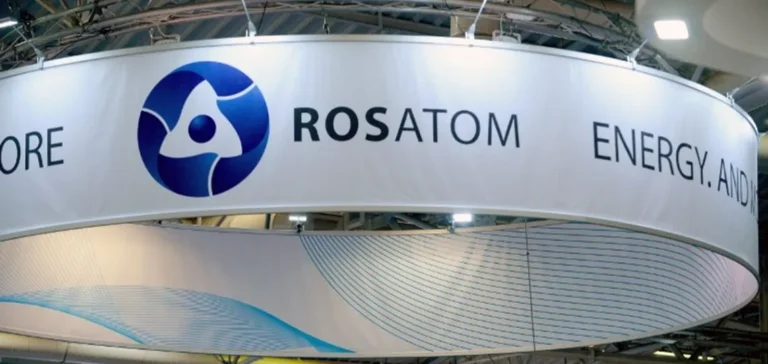Rosatom’s involvement in the nuclear fuel fabrication project in Lingen, Lower Saxony, is reigniting tensions over Europe’s energy dependence on Russia. The site, operated by Advanced Nuclear Fuels (ANF), a subsidiary of the French group Framatome, formally applied in March 2022 to produce fuel for Russian-designed reactors, mainly used in Central and Eastern Europe.
This partnership is prompting growing political concern, particularly among members of Germany’s Green party. They are urging the federal government to block the project on grounds of national security and strategic coherence, in a context of energy rupture with Russia since the start of the war in Ukraine.
A contested industrial project amid an energy reconfiguration
The final production authorisation must be issued by the state of Lower Saxony, but a negative opinion from the federal government would render the project legally impossible. The shutdown of Germany’s last reactors in 2023 has amplified calls to exit nuclear power definitively, a position advocated by the Greens within the governing coalition.
MP Juliane Dickel, speaking during an online press briefing, said Rosatom’s involvement risked indirectly feeding Russian resources while slowing the effective nuclear exit. For his part, MP Konstantin von Notz denounced the risks of a “hybrid war” conducted by Moscow, which he considers incompatible with any industrial rapprochement in the strategic energy sector.
The role of the “Made in Germany” label in supply chains
According to Green officials, the project could allow Rosatom to maintain a concealed commercial presence in the European Union by bypassing restriction mechanisms through German certification. Such an arrangement could blur transparency around the true origin of enriched uranium used in several member states.
Several Eastern European countries, including the Czech Republic, Slovakia, Bulgaria and Finland, have taken steps to reduce their dependence on Rosatom. However, in the absence of alternative suppliers capable of delivering fuels compatible with Russian-designed reactors, room for manoeuvre remains limited. The European Union has not, to date, applied sanctions to Russia’s civil nuclear sector.






















